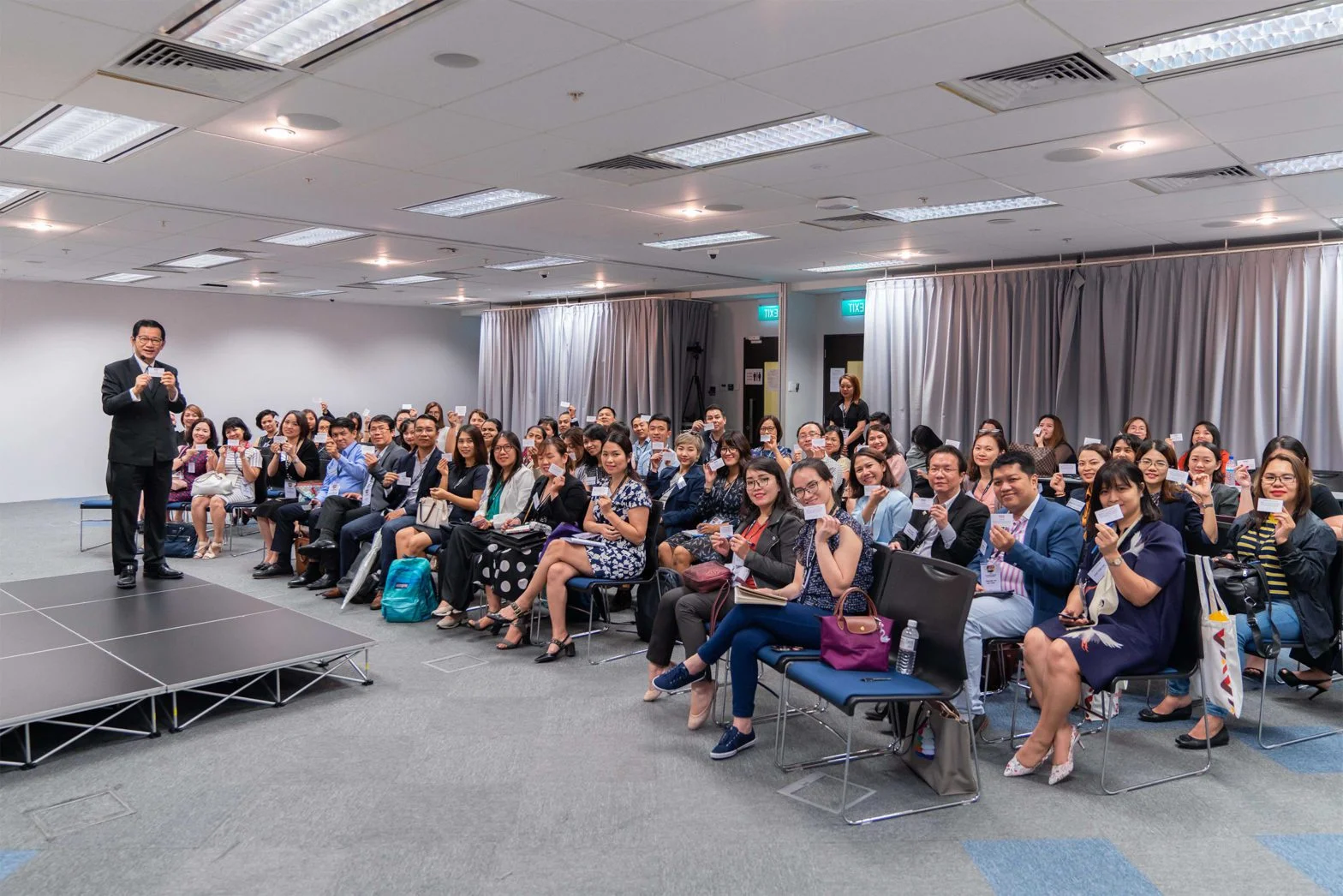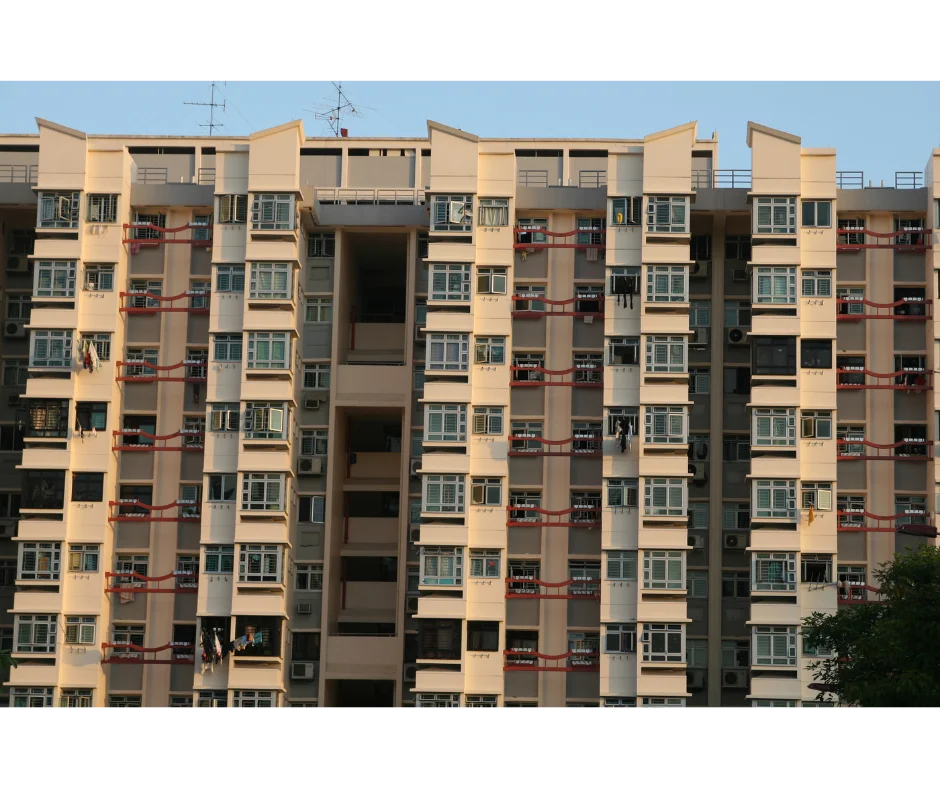Sharon Koh
Director
Sharon is a veteran of the property industry, she has served as a Key Executive Officer since 1999. Her experience in real estate analysis, wealth advisory and portfolio development spans countries such as Singapore, Malaysia, Thailand, Australia and the United Kingdom. She has consulted with industry-leading international developers and UHNW clients; and is passionate about assisting real estate salespersons, investors and developers create wealth and impact lives. Sharon is a self-driven, energetic and passionate individual who is committed to life-long learning.



Planning Your Property Investments in a Post-Pandemic World
Here’s a quick comparison to help you decide.
Sharon Koh
Your guide to navigating the future of Singapore’s real estate
Singapore is emerging from its worst full-year recession since its independence. However, with a successful vaccine roll-out and improving economic conditions, the government is expecting gross domestic product (GDP) to gradually recover, and has forecasted growth of 6-7% this year.
In 2020, the economy contracted 5.4% as the Covid-19 pandemic disrupted lives and livelihoods. Singapore is a major financial and tourism hub as well as the world’s busiest port, and the disruption caused a decline in external demand for goods and services produced in the country.
State of the property market
Even as the wider economy slowed down, property prices remained resilient. Residential property transactions, including new sales, sub-sales and resales, rose strongly by 9.2% year-on-year in 2020, following declines in the previous two years.
Strong demand contributed to the increase in prices, even though construction activity declined. The restricted flow of migrant workers into Singapore resulted in construction delays, evidenced by Build-To-Order (BTO) housing projects being delayed for up to a year. New launches were also deferred due to the circuit breaker and Phase 2A heightened alert measures.
Another factor impacting demand was the work from home trend. With much of the population defaulting to working from home and doing home-based learning, it shifted the perspective of what people are looking for in a home. They’re now upsizing; looking for more spacious homes that have additional rooms that can be converted to home offices.
Foreign interest in Singapore’s property sector remained strong, even with border restrictions in place. The country is a top destination for property investors and came in first in PwC’s annual report “Emerging Trends in Asia Real Estate”. Singapore outperformed other popular property destinations like Sydney and Ho Chi Min City.
What property should I invest in?
There are many factors that determine the type of property you should invest in, notably where you want to live and what you can afford. There are two categories of housing – private and public – depending on your considerations. Here’s a breakdown of the property types:
BTO – The outlook for this segment is still challenged, as supply is constrained by manpower and disruptions in the construction industry. The average waiting time for BTO projects ranges from three to three-and-a-half years based on projects launched in the August sales exercise. It was also reported late August that five ongoing projects would be delayed as the main contractors for these sites ran into financial difficulties.
HDB resale – According to the ERA Research & Consultancy quarterly report, there is still room for further growth in HDB resale prices considering that 2020’s growth rate was still 7.5% lower than the peak in mid-2013. The HDB resale market is emerging from a downturn with the government releasing some measures to improve housing affordability and increase the attractiveness of older flats. Case in point – a five-room flat in Bishan sold for a record $1.295 million in July.
Private Property – This segment of the market is still going strong, with condominium prices at historic highs and renewed interest from foreign investors. According to the Urban Redevelopment Authority, the private residential property index rose by 2.16% last year (inflation-adjusted). The Outside Core Region is still rising the fastest, with property prices up 3.15%. Some notable transactions in this space include 37 transactions in Good Class Bungalows in the first half of this year, amounting to $1.2 billion. In March, a house on Nassim Road sold for $96 million, making it the most expensive single-family home sold this year.
Is this the right time to buy or sell?
The market is driven more by sentiment than supply and demand factors. There are a few unknowns looming in the horizon, especially with talk that more cooling measures could be implemented. Considering the hazy outlook, we recommend that investors be cautious and selective in their investment targets.
In addition, watch out for new stock coming to market and how they’re priced. For example, integrated developments like Pasir Ris 8 which saw 85% of units sold at an average price of close to $1,600 per square foot (PSF). There was a similar scenario with Sengkang Grand Residences, which had a take-up rate of 78% and prices of $1,700 PSF.
Build knowledge, understand your investments
Property investment is an important way to diversify your investments,[1] but it’s important that you start your journey well.
To learn more about investing in property and how to make informed decisions on your investment choices, sign up for GEX Academy’s SkillsFuture Credit-Eligible “1-Day Effective Property Investment” Course. Our classes are taught by property experts with decades of experience under their belt, so you know that you’re learning from the best.
GEX Academy is an Approved Training Provider (TP) accredited by SkillsFuture Singapore under the Singapore Workforce Skills Qualifications (WSQ) Skills Framework and an Approved and Accredited Teaching & Examination Centre for IPMA | UEN Reg. No.: 201529371H
Link to article 3: 5 biggest myths
Like what you read? Share this blog post.